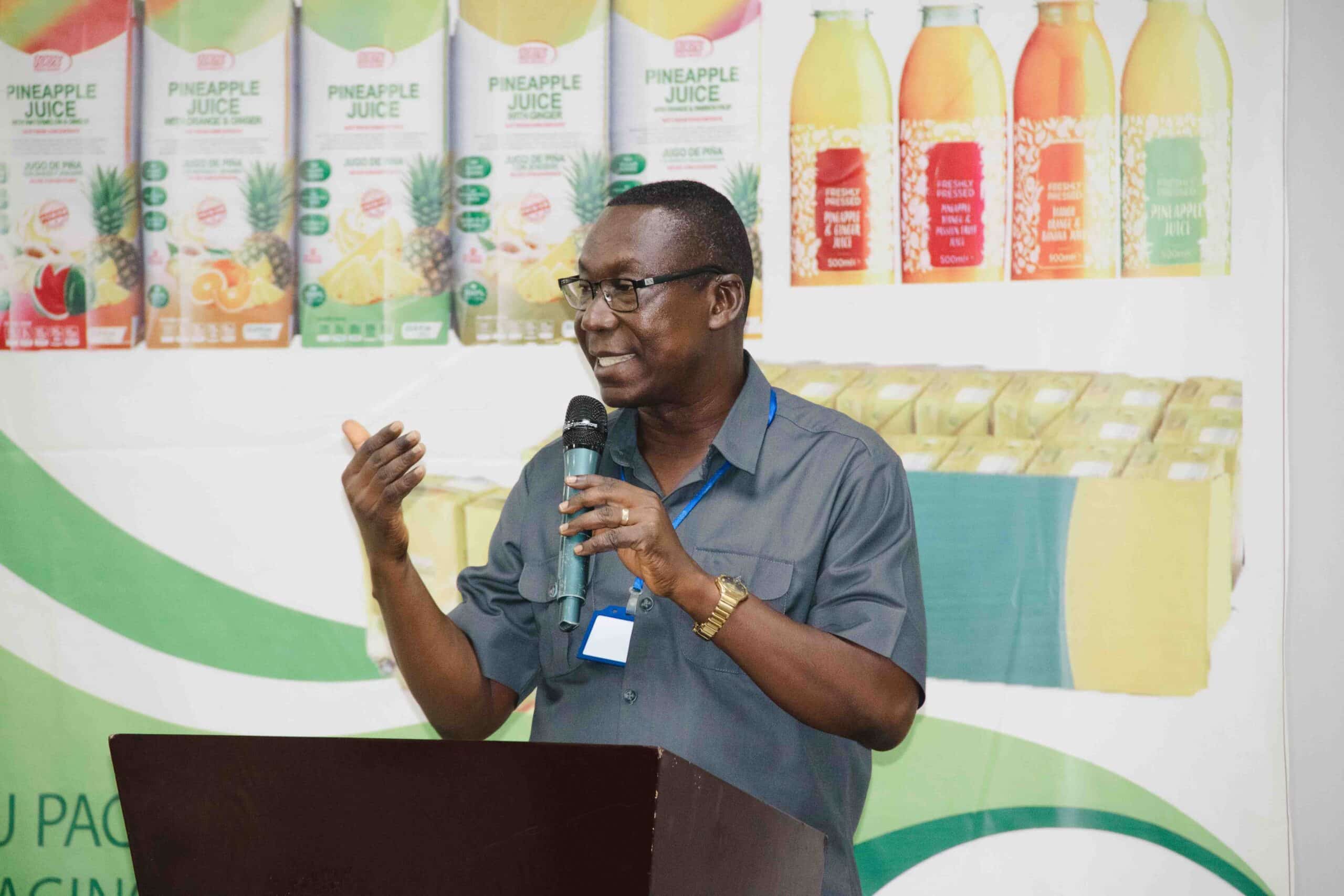Rising food and energy prices have put many people across the world under threat. One nation where this has been pushed most sharply into focus is the Asian Island nation of Sri Lanka.
Concurrent challenges in public finance and sovereign debt as well as the availability and affordability of food, fuels, fertilizers, and medicines have disrupted livelihoods across the country. As a result, there is a food crisis where 5.7 million women, men, girls, and boys are now in urgent need of humanitarian assistance.
The crisis has led to widespread protests which culminated in July when former President Gotabaya Rajapaksa fled to Singapore and resigned after demonstrators stormed his official home and many other ministers resigned.
What led to the food crisis in Sri Lanka?
Many feel that the food crisis in a once food self-sufficient nation has been driven by the fall-out of the poorly planned abrupt shift to organic agriculture.
The former President’s drive to make the country the world’s first to fully adopt organic agriculture by banning all synthetic agrochemicals, including fertilisers and pesticides has proved disastrous for Sri Lanka’s food security. Sold as a bid to improve soil health and tackle a mysterious kidney disease among farmers that is believed to be linked to excessive nitrate exposure, the ban was imposed overnight in May 2021.
Interestingly a 2016 study indicated that improvements in rice production could feed 25.3 million Sri Lankans (compared to a projected population of 23.8 million people) by 2050. However, to achieve this water use and nitrogen fertilizer use would have to increase by as much as 69 and 23% respectively. The policy was implemented last year despite warnings from the Sri Lanka Agricultural Economics Association (SAEA). In a letter to President Rajapaksa, the SAEA predicted severe economic losses due to potential yield losses in the absence of proper substitutes for chemical fertilizers and pesticides. According to the SAEA:
“The immediate adverse impacts on food security, farm incomes, foreign exchange earnings and rural poverty can be detrimental to achieving the cherished long-term goals.”
Whilst the SAEA supported the adoption of organic farming in the long run, it acknowledged that this would be best achieved by first setting targets, and standards, and subsequently, investing and promoting best practices amongst farmers.
What have been the consequences of the ban on synthetic agrochemicals?
The ban was short-lived and only lasted six months, but it has had severe consequences on the current harvest and the future of the country. The country’s 2 million farmers, who make up 30% of its labour force and who were until recently dependent on subsidised chemical fertilisers, suddenly found themselves without support and unable to produce crops.
For example, farmer KA Sumanadasa, who grows aubergine on a quarter-hectare field has said that the move away from chemicals has brought down his yield from 400kg per season to 50kg[2]. The farmers claim that the government neither increased the production of organic fertiliser nor imported sufficient soil nutrients. The result has been a dramatic fall in crop production during the growing season that ended in March, known locally as the Maha season.
For rice, a staple of the Sri Lankan diet, output fell by between 40 and 50% nationwide during Maha, according to estimates. The drop has resulted in the island nation importing 300,000 metric tonnes of rice in the first three months of the year – a sharp rise compared with the 14,000 metric tonnes it imported in 2020. The ban also devastated the nation’s tea crop, its primary export and source of foreign exchange. The drop in tea production alone is estimated to result in economic losses of $425 million.
According to the World Food Programme (WFP), 3 out of 10 households (6.26 million Sri Lankans) are uncertain of where their next meal will come from. More than 60% of households are resorting to food rationing and do not obtain sufficient nutrition. As one Sri Lankan woman said:
“These days, we don’t have a proper meal but eat only rice and gravy.”
What important lessons can be taken from the food crisis in Sri Lanka, in respect to organic farming?
Some claim that the food crisis is the result of an ill-conceived experiment in the adoption of organic farming. However, David Mackay head of policy for Soil Association Scotland claims the Sri Lankan government imposed chemical bans overnight because it ran out of foreign exchange to buy fertiliser. He also makes a crucial point that organic and regenerative farmers grow nitrogen-fixing legume crops like clover or peas to build soil fertility as part of a crop rotation. This type of farming system is quite different to conventional farms applying artificial fertilisers in between crops, and it takes time to build soil fertility and to implement properly.
In Sri Lanka, an economic crisis and the fallout from global economic shocks have been exacerbated by an ill thought farm policy which ignored the impacts at the farm level. Top-down policies restricting the use of inputs can have damaging consequences and decisions on farm management are best left to farmers. Farming systems cannot change overnight, and whilst reducing the use of inorganic fertilisers and pesticides is a worthy aim it cannot be imposed by diktat.
Get support with shaping robust policies and regulatory systems
On paper, Sri Lanka’s decision to ban synthetic agri inputs and switch to organic farming had good intentions, being motivated by a desire to improve soil health and reduce illness among farmers. In practice, however, these sweeping changes had an extremely detrimental effect on regional agriculture and plunged the nation into a food security crisis.
At Farrelly Mitchell, we believe that government interventions have a major role to play in the transition toward more sustainable, regenerative, and resilient farming systems. However, these changes cannot be made rashly, and governments and policymakers must gather insights and think strategically before overhauling their entire food system overnight.
Our ESG and sustainability consultants provide actionable insights and recommendations to government agencies looking to safeguard their agricultural industry and improve productivity. With the help of our policy and regulations consulting, our clients can draft, design, and implement policies that enable farmers, rather than hindering them. Our expertise covers everything from regenerative agriculture and agroforestry to the circular economy and food waste mitigation. To learn more about our services, reach out to us today.














